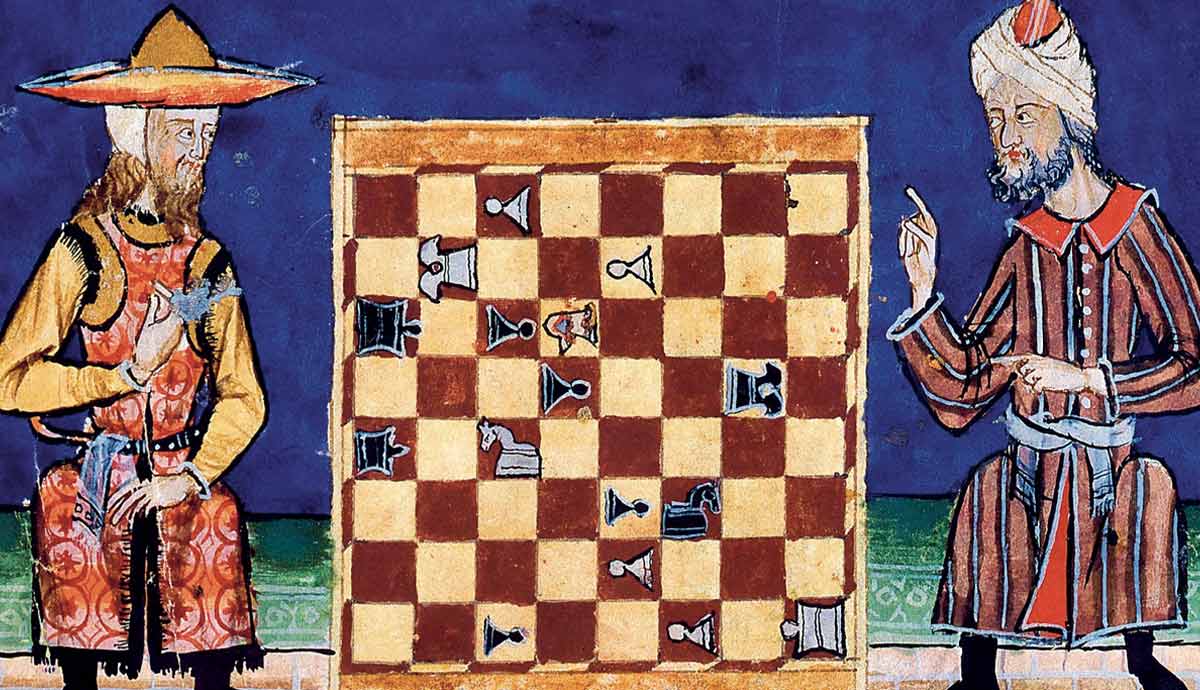
The Old Testament uses many more names of God than the New Testament does. Nevertheless, the New Testament often builds on names used by prophets, providing a sense of continuation between the Testaments. Some of the names are common references that appear hundreds of times, while others are very selectively used—in one case a name is used only once, and then only as a quote from the Old Testament. So, let’s consider ten names that refer to God in divine or human form in the New Testament.

God (Theos)
Theos is the Greek word that is translated as God. It is a common Greek term used for God in the New Testament and it appears more than 1,170 times in the New Testament text. It depends on the context whether the word refers to a pagan god or the Christian God. It appears for the first time in Matthew 1:23 as a reference to God, while 1 Corinthians 8:5-6 is an excellent example of how the same word can refer to a pagan god or to the God of the Bible. The term theology derives from theos (God) and logos (word, study, discourse). It refers to the study of God.
Lord (Kyrios)
Lord is a general term used to refer to someone who has authority over others. In the biblical context, it refers to God’s authority and sovereignty. It was a common way the disciples referred to Jesus and the word appears more than 600 times in the New Testament. The name refers to Christ; an example is Philippians 2:11: “Jesus Christ is Lord, to the glory of God the Father.”

The Word
The Greek word logos is translated as “word.” John, who shows a great affinity for this term, uses it in his gospel to connect the second person of the Godhead to the creation and to Jesus. In John 1:1-2 he wrote:
“In the beginning was the Word, and the Word was with God, and the Word was God. He was in the beginning with God.”
It shows the divinity of the one called the Word, and then continues to show that the Word became flesh (John 1:14). John’s use of this name is affirmed when the revelation assigns this name to Christ when he returns at the Second Coming (Revelation 19:13).
Father (Pater)
The name Father emphasizes the personal and relational aspects of God. Jesus, as the Son of God, used it to refer to the first person of the Godhead. Though the Godhead cannot be considered in the Father and Son relationship the way humans understand it, it presents a way for us to understand the closeness and mutual care of that relationship.
Two of the most striking times Jesus uses this name are in the Lord’s prayer and when he is on the cross. In the first instance, he taught the disciples to pray: “Our Father in heaven, hallowed be your name” (Matthew 6:9). In the second, he called out in agony on the cross: “Father, forgive them, for they know not what they do.”

Jesus (Iesous)
Jesus is the personal name of the second person in the Trinity when he took physical form by becoming a man. The name means “Yahweh saves” and has the same meaning as the name Joshua (Yeshua in Hebrew, the short form of Yehoshua). His earthly parents were instructed to give this name because of its meaning: “You shall call his name Jesus, for he will save his people from their sins.” (Matthew 1:21)
For the Sacred Names movement, adherents often claim that Jesus is not equivalent to the name Yeshua. To understand how Yeshua became Jesus, one has to follow the transliteration path. Greek does not have a direct equivalent for the “y” or “sh” sounds and replaces them with the closest options available, which are “i” and “s” respectively. The equivalent for the “u” is “ou” and the convention for the ending of the name is “s,” rendering Yeshua as Iesous in Greek. The Latin version of the Greek Iesous is Iesus, and the English transliteration is Jesus.
Jesus (Yeshua, Joshua) was a common name among Jews in Biblical times. Examples are Acts 13:6, Acts 7:45, and Hebrews 4:8, though some translations render the name Iesous in Greek as Joshua instead of Jesus (compare KJV with ESV for example).

Christ (Christos)
The Bible refers to Jesus as the Messiah twice (John 1:41, John 4:25). Messiah is the transliteration of the Hebrew word mashiyach which means “anointed.” So, if mashiyach is translated into Greek, instead of transliterated, it is rendered Christos, which is the Greek word for “anointed.” In English, Christos becomes Christ.
There would be no essential difference in rendering Acts 17:3, which reads: “This Jesus, whom I proclaim to you, is the Christ,” as “This Jesus, whom I proclaim to you, is the Messiah.” John 1:41 makes this point, saying: “He first found his own brother Simon and said to him, ‘We have found the Messiah’ (which means Christ).”
Since the Bible associates anointing with pouring oil on the head of the person being anointed, and oil is a symbol of the Holy Spirit, many scholars regard Jesus’s baptism as the event where Jesus was anointed. Though no oil was involved on that occasion, the Holy Spirit descended on Jesus like a dove, another symbol of the third person in the Godhead.

Immanuel (Emmanuel)
Matthew 1:23 quotes from the Old Testament and says:
“Behold, the virgin shall conceive and bear a son, and they shall call his name Immanuel” (which means, God with us).”
As the previous verse indicates, the verse references an Old Testament prophet. That prophet was Isaiah who prophesied about the coming Messiah.
There is no indication of anyone using Immanuel as a first name or nickname for Jesus. It would be safe to assume that the meaning of the name was the intention. It was an indication that people in Jesus’s time would recognize that he was God who became man. This was fulfilled several times, with the two notable instances being when John the Baptist proclaimed that Jesus was both God and man saying: “And I have seen and have borne witness that this is the Son of God.” (John 1:34) and when Thomas, after initially doubting that Jesus resurrected, declared “My Lord and my God!” when he was confronted with Jesus alive in the flesh (John 20:28).

Son of God
The name Son of God emphasizes Jesus’s divine nature and relationship with God the Father. Satan used this name when he tempted Christ as he came out of the desert (Matthew 4:3, 6). Later, in Matthew 8:29 two demons also refer to Jesus by the name “Son of God,” which shows that they knew his status as divine.
It was not just demons who gave Jesus recognition for his status as God’s Son. Peter made a profound statement recorded in Matthew 16:16: “You are the Christ, the Son of the living God.” In addition, the Roman centurion recognized the nature of Jesus after having crucified him. He said: “Truly this man was the Son of God!” (Mark 15:39).
Son of Man
The name Son of Man is a title for Jesus. It highlighted the humanity of Jesus and that he was the fulfillment of Old Testament prophecy. This phrase was familiar to the Jews since it appears in several Old Testament books. It is often not used as a name, but rather in reference to humans. In the Book of Ezekiel, which uses this name the most, it is the way God addresses Ezekiel. In the Book of Daniel, it appears twice. Once as a name for Christ (Daniel 7:13) and once as a reference to a human (8:17).
In the New Testament, Son of Man is Jesus’s term of preference when referring to himself. Example: “For the Son of Man came to seek and to save the lost” (Luke 19:10).

Alpha and Omega
In the New Testament, the phrase “I am the Alpha and the Omega” appears three times, all in the Book of Revelation. The last instance is in Revelation 22:13 which says: “I am the Alpha and the Omega, the first and the last, the beginning and the end.” This verse explains the meaning of Alpha and Omega. In the Greek alphabet, the letter alpha is the first letter and the omega is the last.
This way of referring to himself shows that Christ is all-encompassing. He is both the beginning of everything that exists and its end. He is also the one that sustains everything in between.
The names of God revealed in the New Testament often have strong connections to the Old Testament. These names do not necessarily represent first names but rather say something about the nature of Christ and his relationship to God.










